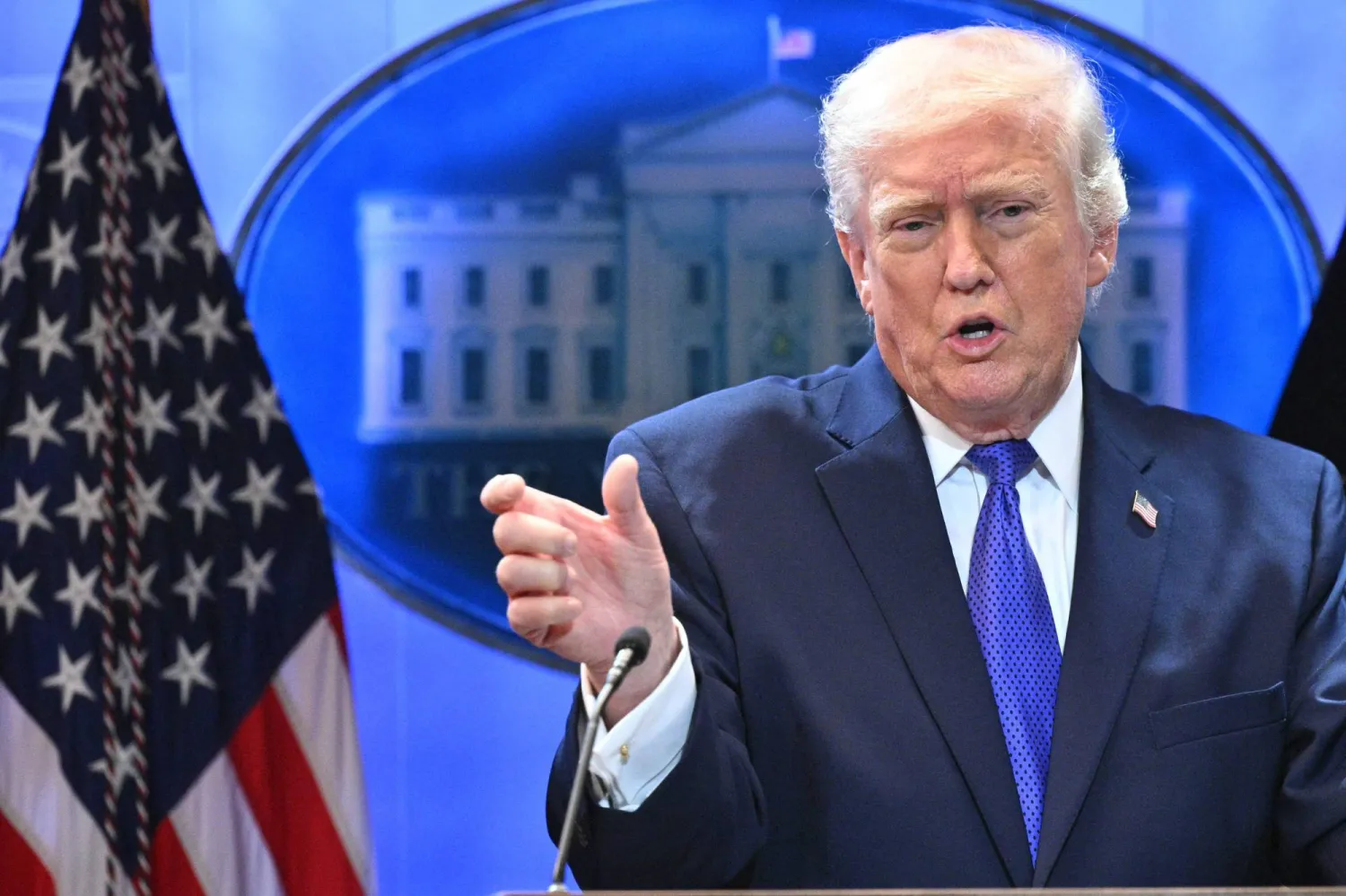Ten days ahead of Iran's legislative elections, Iranian Chief of Staff General Mohammad Bagheri said on Tuesday that the upcoming polls in his country will showcase to the world the face of “true democracy.”
Electoral campaigns for the parliamentary elections kick off across Iran next Thursday in the absence of any signs showing that political forces were capable of increasing the people’s motivation to head to the polling stations.
Supreme Leader Ali Khamenei is among the Iranian officials who have appealed for voter turnout in the upcoming elections, the first since the September 2022 protests over the death of Mahsa Amini, who was arrested by Iranian authorities for improper hijab.
Amini died in custody, sparking nationwide demonstrations, but Iran blamed Western powers for fueling the protests.
Last week, candidates running for seats in the Assembly of Experts in charge of appointing the country's supreme leader, already began their election campaigns.
The 88-member assembly is tasked with electing, supervising and, if necessary, dismissing the supreme leader, who has the final say in all matters of state in Iran.
Iran's Supreme Leader Ayatollah Ali Khamenei, now 85, has held the post since 1989.
The elections for the assembly, which are held every eight years, will take place on March 1 along with the parliamentary elections.
On two consecutive stages, the Guardian Council and the Interior Ministry has confirmed the approval of more than 15,000 candidates for Iran's upcoming parliamentary elections from nearly 45,000 people who filed paperwork seeking to run for polls.
Iran’s Guardian Council is responsible for vetting the candidates for any election. However, reformist and moderate parties criticized the council for disqualifying their main candidates.
On Tuesday, Bagheri said: “On March 1, we will show the world the face of true democracy.”
He described the parliamentary elections during the Shah's reign, before the 1979 revolution, as “a façade,” adding, “Today we, as citizens, decide who is entitled to join parliament and the Assembly of Experts.”
Meanwhile, Iranian Interior Minister Ahmad Vahidi said on Tuesday that 15,200 candidates or 75 percent of the total hopefuls seeking to run for polls, were qualified for the upcoming elections in the country.
He explained that all political currents and groups are represented in the elections, which he said, “constitute a precious opportunity for the Iranian people to determine their own fate.”
Former Iranian reformist president Mohammad Khatami, Prominent Iranian reformist politician Mostafa Tajzadeh, who is currently imprisoned at Tehran's notorious Evin Prison, and deputy head of the Reform Front, Mohsen Armin, had sharply criticized the course of the electoral process in their country.
The Reform Front had also criticized a statement published by 110 reform activists last week, describing them as a “minority,” as reported by a reformist channel on Telegram.
In the statement, which was widely republished by government media, the activists called for participation in the elections to “open a window” in the conservatives’ dominance of Parliament.
Deputy head of the Reform Front, Mohsen Armin warned of divisions among reformists, saying: “Participation in the elections does not end with any result that guarantees the public good.”
On Tuesday, former Iranian reformist president Mohammad Khatami told political activists that his country is “far from free and competitive elections.”
Earlier, the son of his ally, Mehdi Karroubi said that his father, who has been under house arrest since 2011, will remain silent regarding the upcoming elections.
From the Evin prison, Tajzadeh said he will abstain from voting in the forthcoming parliamentary and Assembly of Experts elections. He then lashed out at Supreme Leader Ali Khamenei, saying he has “closed his eyes” to the “disastrous facts of Iran” and does not listen to the protests of millions of citizens.
Meanwhile, some parties of the reformist and moderate movement talk about supporting independent candidates to confront the conservative majority. Those are represented by Ali Motahari, the former deputy speaker of parliament and Ali Larijani’s son-in-law.
Motahari has obtained approval, four years after he was prevented from running in the parliamentary race.
On Tuesday, Assadullah Badamchian, Secretary General of the Islamic Coalition Party, the most prominent conservative current that includes Tehran bazaar merchants, said conservatives have several electoral lists in Tehran, which has a share of 30 seats in parliament.
In the 2019 presidential and local elections, turnout in Iran's capital had registered its lowest record. The figures were repeated in 2021 with between 24 and 26 percent of voters turnout.









